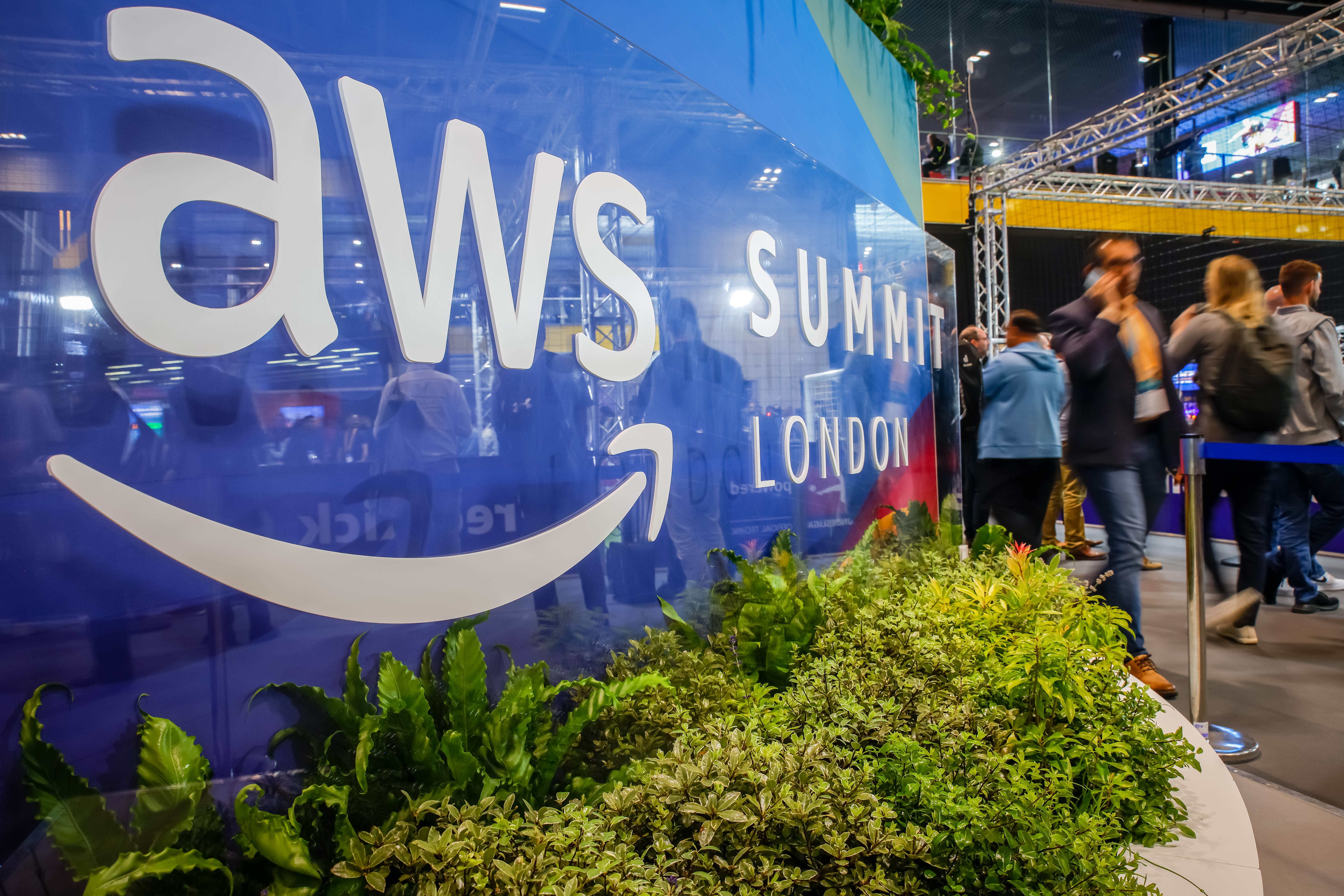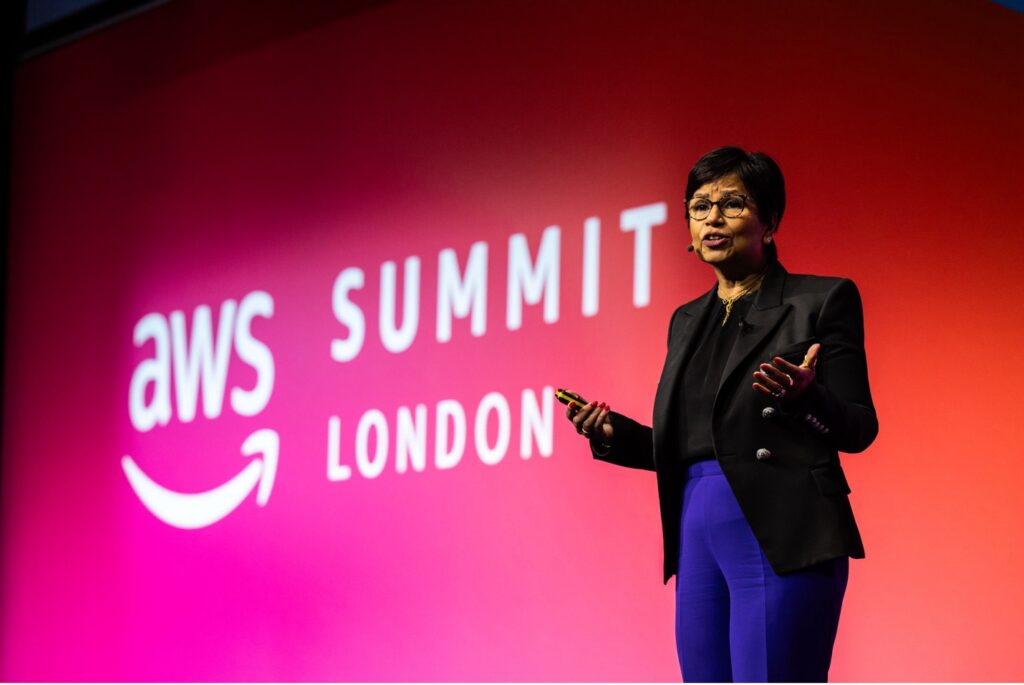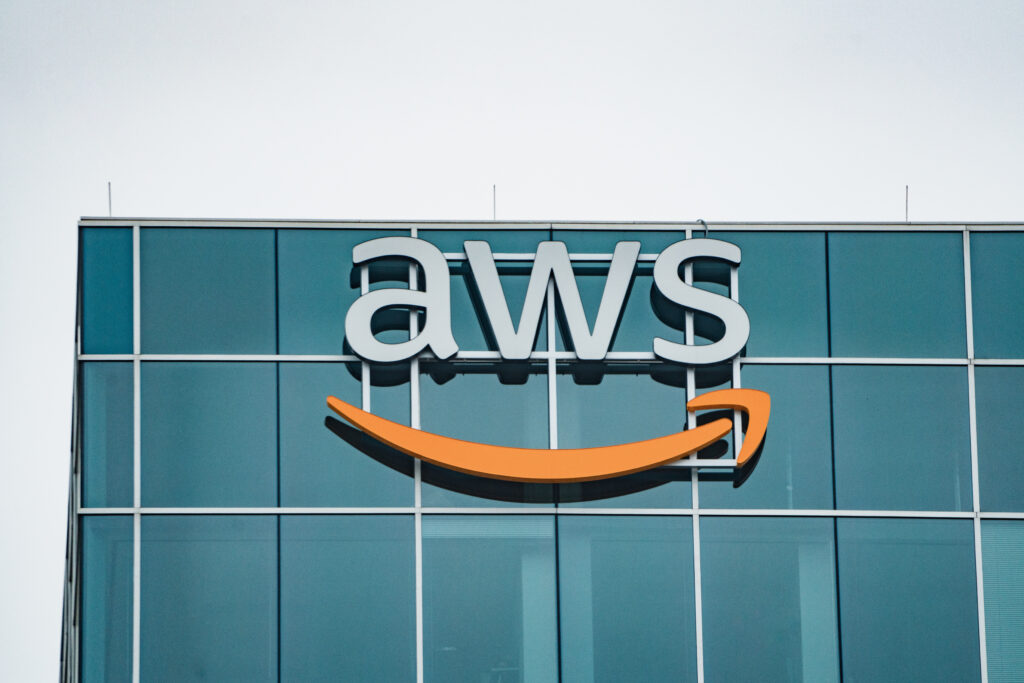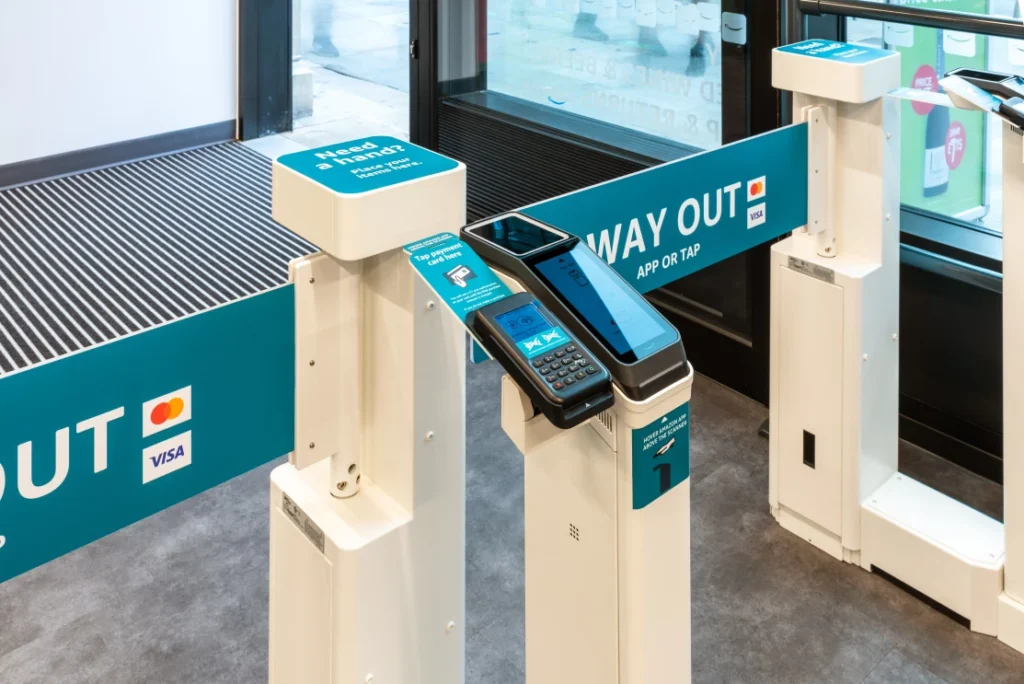The cavernous enclave of the ExCel London center may not seem the likeliest contender for a message regarding the UK’s cost-of-living crisis. The theme though was a key one at AWS London Summit, the hyperscaler’s biggest conference in the UK&I region.
In a neat move away from focusing solely on the landscape for enterprise clients, keynote speakers such as Renee Hunt, CTO for Compare the Market, referred on the main stage to the current status quo facing customers – not enterprise ones as such, but those amongst the general public.
“In a cost-of-living crisis we can help and do help. Simples,” Hunt remarked, bringing in the famous catchphrase from her company’s meerkat-heavy commercials. This help, she said, was down to data being “the fuel for price comparison”. Making that data diligence a reality are engineers with access to the “right tools”, here meaning AWS, which, in her words, “remains core” to Compare the Market’s multi-cloud options.
The ‘costs & customers’ theme of AWS Summit London was brought up again with ERP Today by Phil Le-Brun, director, enterprise strategy at Amazon Web Services. In our interview, Le-Brun points to the example of customers like Octopus Energy, whose Kraken data tech platform is built on AWS.
“Octopus have made it easier for individuals to monitor their own energy at home, to plug in their electric vehicle, to get better pricing overnight using our machine learning algorithms. Experian (meanwhile) have added facilities like Boost to their applications, identifying you as an individual, and how we can help you improve your credit score.”
For the enterprise strategist, these features come from businesses asking themselves how they accelerate in these challenging times, and identify the things that differentiate them in the eyes of consumers.
“(Amongst AWS customers) there’s an excitement and an acknowledgement that now’s the time to capitalize on some of these opportunities that cloud presents… They recognized the competitive advantage they had was the old saying, ‘in every crisis is an opportunity.'”
Amazon’s greatest hits

Interestingly, Le-Brun, pictured above, pointed to business taking inspiration from the tech storefront that is Amazon, as powered under the hood by AWS, of course. Sainsbury’s for one, he mentioned, with its new ‘scan as you shop’ facility called SmartShop, the obvious influence here being Amazon’s autonomous Go stores.
“It’s radical innovation… Sainsbury’s understand what their competitive advantage is; their range of products, their customer base and such like. They really focus on what makes them special, and we have a leadership principle of ‘Think Big’ (at AWS).”
Le-Brun points to examples of Amazon’s “radical innovation” to contrast with incremental innovation in business, starting with the Kindle.
“Cloud computing, when it was launched in 2006, that too was novel,” he continues. “After the initial skepticism, what you see with organizations is they look at that as a source of inspiration and they start to think differently.”
Amazon Go, Kindle, AWS’ cloud computing – Le-Brun reels off the greatest hits in our conversation. He could have included Alexa in his analysis, the precursor of sorts to the virtual assistant of the moment that is ChatGPT. Besides cost of living, AI was, unsurprisingly, a big topic at the London summit, and AWS news released on the same day saw announcements from the generative AI sphere. For example, Abu Dhabi’s Technology Innovation Institute built its top-performing model on AWS, a 40-billion-parameter large language model (LLM) called Falcon 40B. Tech service multinational Persistent Systems meanwhile will equip its 16,000-plus engineering organization to use Amazon CodeWhisperer, an AI-powered tool which helps engineers generate code based on natural language comments or existing code.
Alas, though, OpenAI’s chatbot was an off-limits topic in our human-to-human chat with Le-Brun. The director did though touch on one trend in the changing nature of business software that naturally forms part of the ChatGPT conversation.
“It used to be the case where enterprise set the tone for technology: the first laptop, the first email, and then the average consumer adopted that. Now it’s been reversed, and what we’re helping organizations do is to liberate their people to capitalize on the tools they’ve got at their fingertips.”
Le-Brun is referring to low-code, no-code, CodeWhisperer and the like, but one only needs to bear in mind how OpenAI’s flagship service is just that: open and available to the customer in beta, a product being tested by the Average Joe and being improved and developed as a result.
ChatGPT is also free, something extra handy in any cost-of-living crisis.




